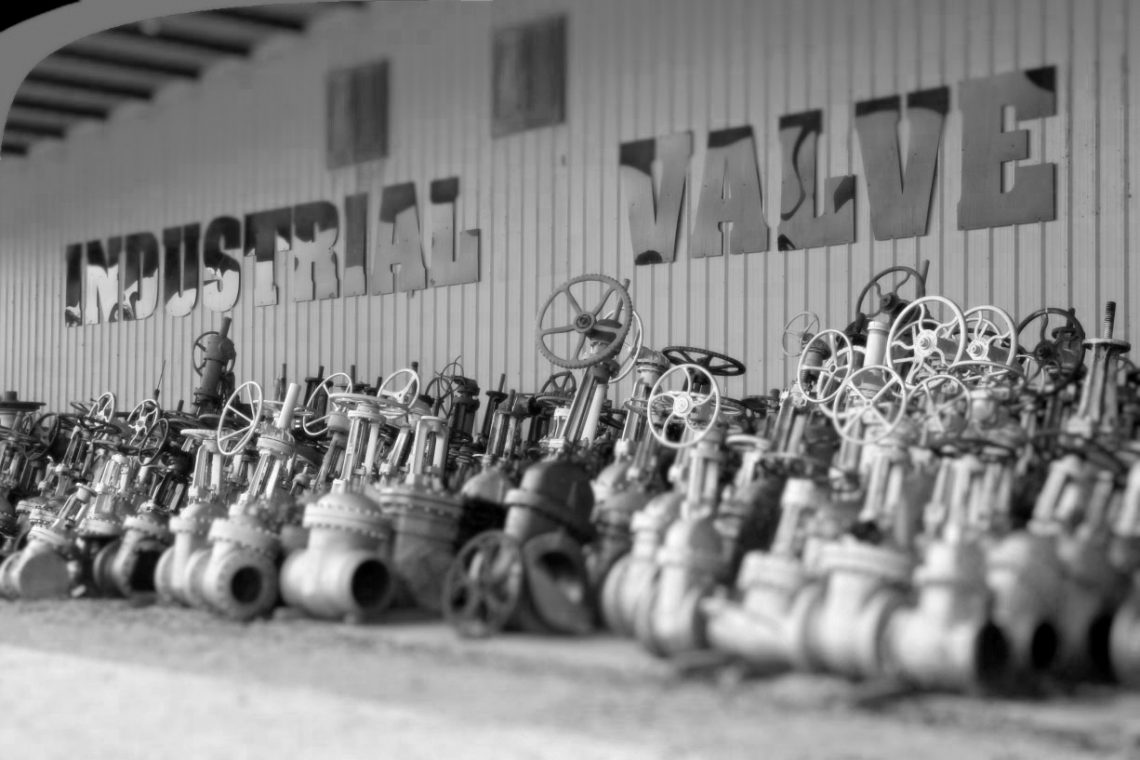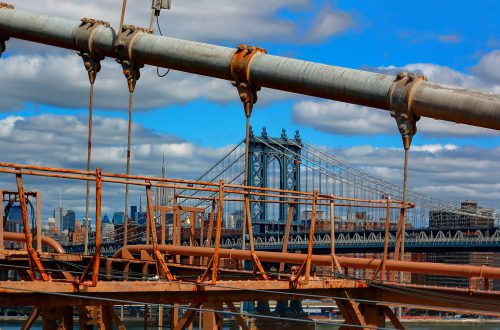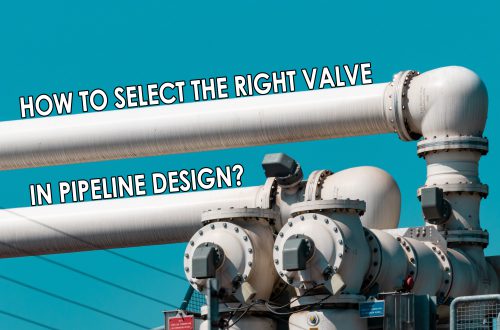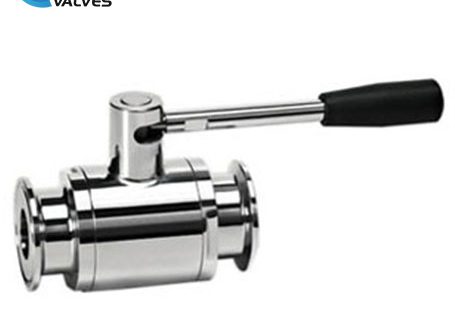A valve is a device that regulates, directs or controls the flow of a fluid (gases, liquids, fluidized solids, or slurries) by opening, closing, or partially obstructing various passageways. Currently, most valves in the market are industrial valves, but sanitary valves do have their own advantages in some specific industries. Read on and find the difference between these two types of valves.
As the name implies, the sanitary valves refer to those which meet the health standards, food standard and medical standard. The valve body shall meet the hygienic standard of stainless steel and all contact parts with the medium shall be mirror polished, both polishing and cleanliness are subject to hygienic standards for valve assemblies. Sanitary valve is mainly used in clean areas of food processing, pharmaceuticals, and hospitals, as well as places with high requirements for hygienic grades and no physical or chemical hazards.
Sanitary valves have requirements for their body materials and sealing material. Sanitary valves are basically made of stainless steel, and their seat covers must be non-toxic, such as hard seals made of stainless steel and soft seals made of rubber. The common sanitary valves are sanitary butterfly valves, sanitary ball valves, sanitary check valves, sanitary electromagnetic valves, and sanitary diaphragm valves.
The contact parts between sanitary valves and media are mostly made of stainless steel, the material is generally 304SS or 316 stainless steel, which is a non-toxic and harmless material with a clean and smooth surface that will not cause corrosion and peeling. Sanitary valves are in many ways beyond the reach of industrial valves, such as cleanliness, installation methods, etc., so they are specialized valves for food, medicine, and other industries.
The benefits associated with the sanitary valves are summarized as here:
Crevice free– The applications of the sanitary valves in the industry such as food and medical, bespeaks about the fact that these need to be free from any sort of contamination. And if there is any crevice in the valves, there are more chances of the same. Hence the makers of the valves ensure that there is no place left for the crevice, so as to avoid any sort of contamination. Without the crevice their will not be any problem associated with the hygiene of the particular plant.
Easy to clean– The food and dairy industry are the ones, in which hygiene and health is of paramount importance. There will be so much work involved anyways in the industries, like regulating the flow of the product, ensuring the right amount of component, maintaining the temperature. Hence it is important that the cleaning work is not cumbersome. The sanitary valves are easy to clean since they are not stained easily. Thus can be used with ease.
Surface of the valves– If the surface of the valves is the smooth and polished, it does not undergo the process of rusting or corrosion. The amount of expense which goes wasted in changing the valves which rust and degrade the pipes is way too much. In order to avoid these there are available the sanitary valves, which are made of polished stainless steel.
Industrial valves are typically designed for operating conditions, many of which are used in high temperature and high pressure working environments. Industrial valves have long service life and flexible operation modes, and are widely used in machinery, metallurgy, petrochemical, chemical, urban construction and other industries.
Although the price of industrial valves is lower than that of sanitary valves, many of the toxic components (such as lead) in the materials will not be removed, which can easily lead to poisoning, cancer, and even death. Therefore, industrial valves cannot replace the use of sanitary valve in the food, medical or other sanitary industries.
Please visit http://www.adamantvalves.com/ for more information.





